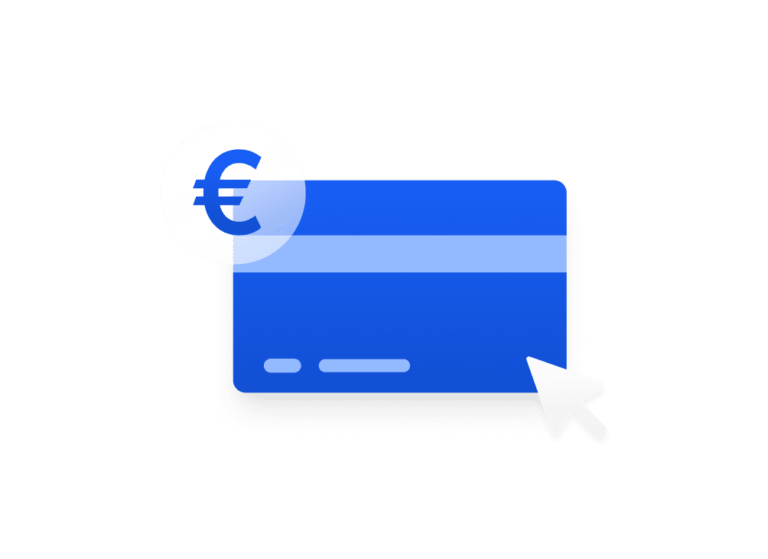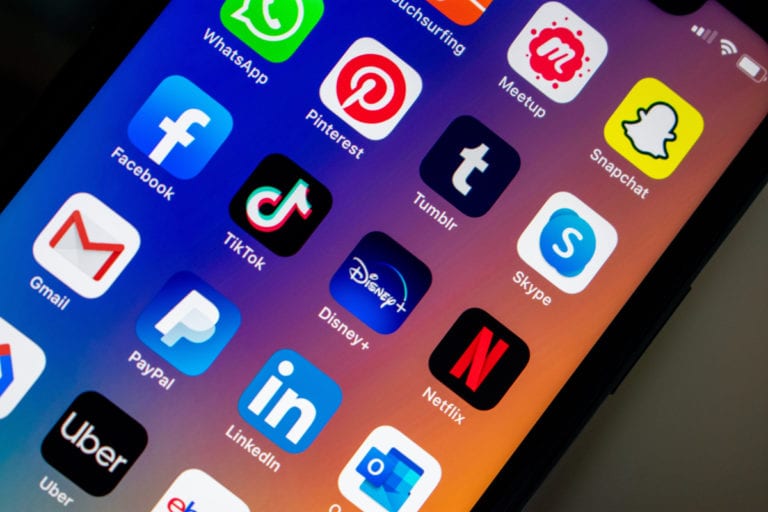Every company relies on its reputation—it’s your brand. It includes thoughts and opinions on your products, services, employees, history, values, and more. Your company’s reputation can go beyond this though, it can be leveraged to inspire emotional responses from potential customers when they use your products, see your ads, or read your blog, and it is this that provokes word-of-mouth sharing of who you are and what you do.
Your customer-facing brand is not the be all and end all, though. There is a second, arguably far more important, brand related to how you are perceived as an employer—this is your employer brand, something that is present in the hearts and minds of your former, prospective, current, and future employees.
Today, A Positive Employer Brand is Critical
There’s no denying that today’s job market is extremely competitive. As a result, a good employer brand is critical to your long-term success. If you don’t have a positive employer brand then you and your HR team are going to find it very difficult and challenging to attract, hire, and retain the top talent your company needs.
It is not just difficult, either—attracting top talent is very expensive and if you don’t have good employer branding, you are just throwing money away.
To drive your business forward and promote long-term growth, you need talented employees who are happy, looked after, and leadership-bound, and the best way to attract these individuals is to demonstrate beyond doubt that your company is worth getting up for in the morning.
Absolutely everything has an impact on employer branding—from salary to benefits packages and company-funded lunches to the tools your organization uses—and the culture of your company and how you treat the people who keep the wheels turning can have a huge impact on potential employees.
What Exactly is Employer Branding, Though?
Just like how your customer-facing corporate brand works—offering your products or services in the open marketplace—your employer brand includes the market and how it perceives your company as an employer and what you offer in return for your employees’ time, talent, experience, and skills.
Simply put, employer branding is how you as a company market yourself to the job seekers you want to bring on board.
The last time you went out searching for a job, how often did you see a company talking about its culture or values? This is a basic example of employer branding at work—explaining these things to jobseekers helps companies set themselves apart and demonstrate how they are unique and what they stand for.
By doing this, they attract the people who closely align to said culture and values. Uncoincidentally, these people are likely to be the exact talent a company is searching for.
Employer Branding is the Essence of Your Company
Your employer branding (or your “talent brand”) is the very essence, heart, and soul of your company. It sets out how it is unique and helps to set the tone for attracting top talent.
Good employer branding will communicate to potential employees that your company is the only company within your industry worth working for. This helps to not only boost recruitment efforts and avoid wasting money, but also engage and retain current employees. Just because you have hired somebody does not mean they are with you for life, after all. Retention is just as important as acquisition and employer branding plays just as big a role here, too.
When it is done well, this type of branding can help ignite interest around your company and attract engaged and motivated job seekers as well as keep your employees happy, the latter who shout about their positive experience to prospective employees, clients, and customers from the rooftops.
Not investing in your company’s employer brand will have direct costs on it. As a starting point, companies with strong brands with a favorable reputation in the marketplace can attract two, three, four or more times as many applications as companies with negative brands. In certain industries where talent is very scarce—e.g. cybersecurity—this is critical.
Given that HR departments are finding it increasingly harder to recruit and retain employees, this branding has never been so important.











